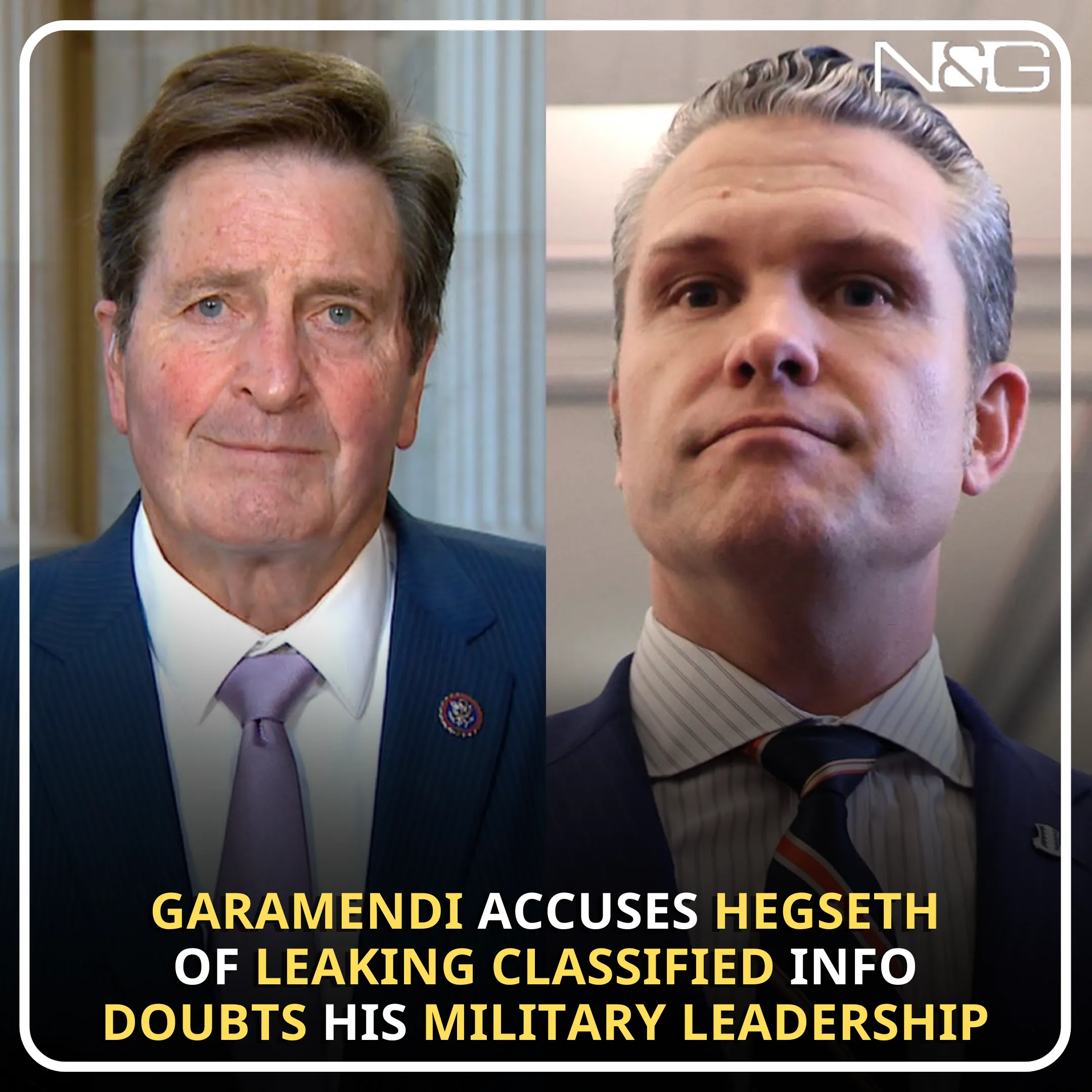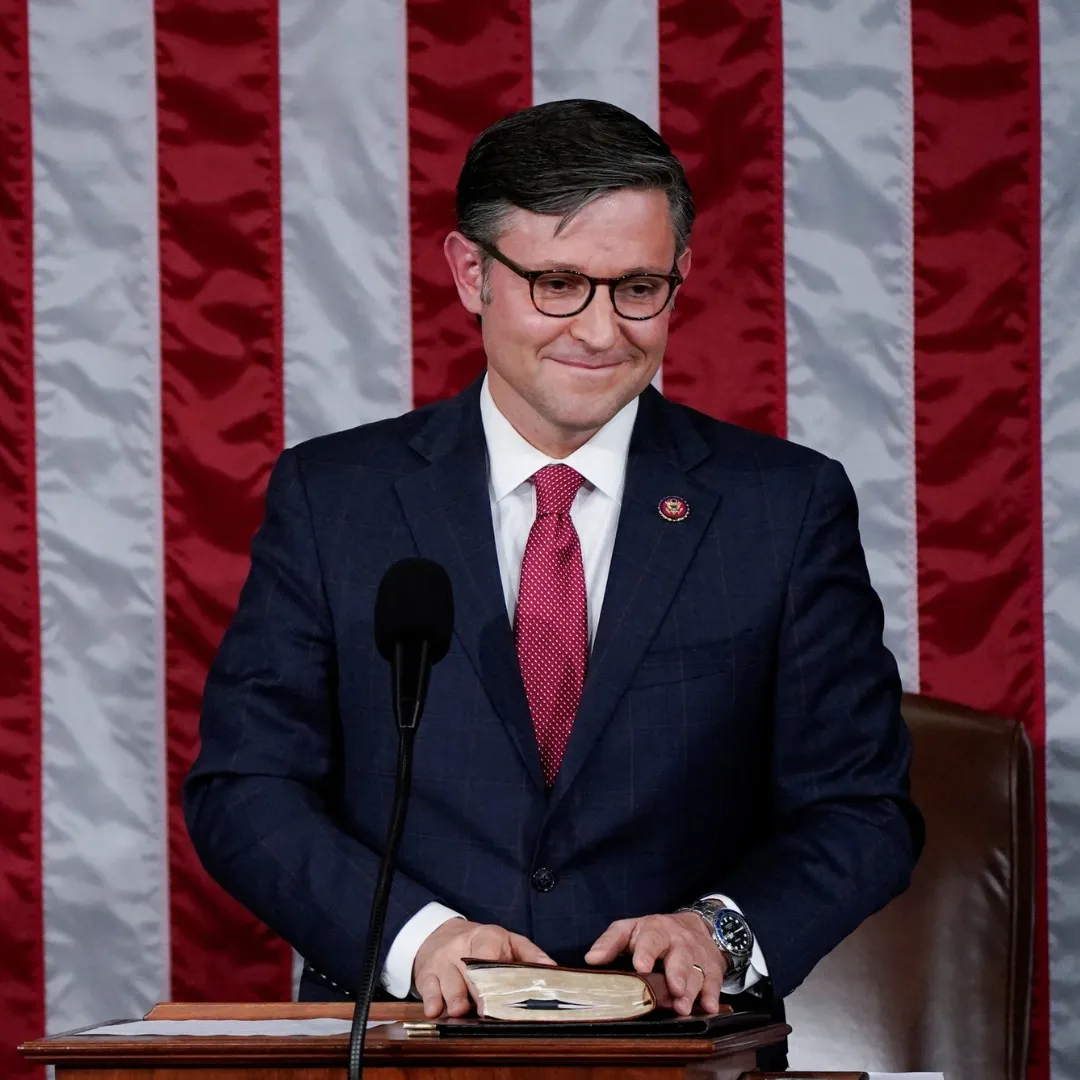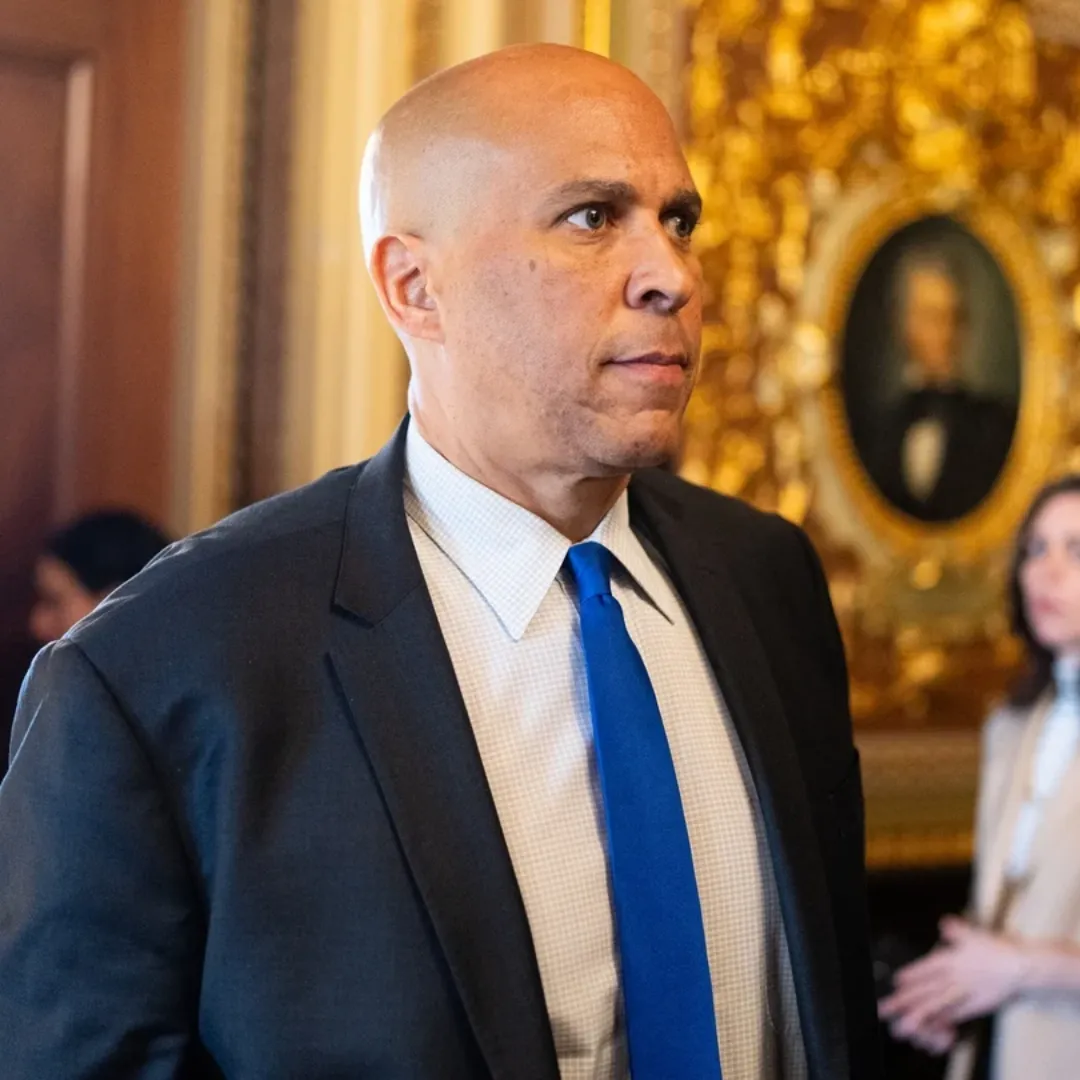Amber Ruffin, the sharp-witted comedian and writer for “Late Night,” has broken her silence after being dropped as the entertainer for this year’s White House Correspondents’ Association (WHCA) dinner. Ruffin, who had been slated to headline the event on April 26 in Washington, D.C., was unexpectedly removed from the lineup.
Instead of shying away from the controversy, Ruffin took the opportunity to mock the decision, using her signature humor to address the media and offer her thoughts on the current state of journalism and politics.
Ruffin, known for her biting commentary and fearless approach to addressing political issues, appeared on NBC's “Late Night” with Seth Meyers just days after the WHCA sent an email to its members announcing that the event would no longer feature a comedic performance this year.
The move to drop Ruffin from the event shocked many, as she had been a highly anticipated speaker. It also sparked conversation about the increasing division in the media and the role of comedy in addressing such issues.
In a candid moment on “Late Night,” Ruffin poked fun at the WHCA’s decision, humorously addressing the underlying political tension and how it relates to the broader political discourse in America today. In her signature style, Ruffin used her platform to dissect the decision and made light of the situation, even joking about her planned speech, which she claimed would have been "terrifically mean."
The WHCA dinner, an annual event that brings together journalists, politicians, and celebrities for an evening of humor and recognition, has always been a platform for comedians to take jabs at the political elite. Historically, the event has featured comic performances by some of the best in the business, including the likes of Stephen Colbert, Samantha Bee, and Michelle Wolf.
The presence of a comedian at the event is not just about entertainment; it’s also a space for holding those in power accountable and shedding light on important political and social issues.
However, this year, the WHCA announced that the dinner would not include a comedic performance. Instead, President Eugene Daniels emphasized that the focus would remain on awarding outstanding journalists for their work, providing scholarships, and supporting the next generation of reporters.
While this change in direction was presented as a way to refocus the event on its original purpose, it left many wondering if the decision was a response to the increasingly polarized political climate.
:max_bytes(150000):strip_icc():focal(741x376:743x378)/Amber-Ruffin-White-House-Correspondents-Dinner-Cancels-033025-5be57fde417b443f90c7c93694ba051a.jpg)
Ruffin, who is known for her unapologetic and often politically charged comedy, had been set to headline the event and deliver her take on the state of journalism and the current administration. Instead, she was removed from the bill without much explanation.
The move came as a surprise to many who had been looking forward to hearing what Ruffin would say, given her sharp commentary on the political landscape and her ability to blend humor with social critique.
Rather than quietly accepting the decision, Ruffin used her appearance on “Late Night” to address the situation head-on. In a conversation with Seth Meyers, Ruffin mocked the WHCA’s decision and reflected on the nature of comedy, politics, and the media’s role in the current political climate.
Ruffin’s humor often blurs the line between satire and commentary, and her response to the snub was no different. "At this consequential moment for journalism," she quipped, "I want to ensure the focus is not on the politics of division but entirely on awarding our colleagues for their outstanding work."
This line was a direct mockery of the WHCA’s official statement, which had emphasized the importance of focusing on journalistic excellence rather than divisive political humor.
Ruffin continued with her playful critique, laughing off the decision as she joked about the necessity of fairness in comedy. "See, the problem is that’s divisive. Take it from me: If there’s one thing I learned from this weekend, it’s you have to be fair to both sides," she said, poking fun at the idea of being overly diplomatic in the face of political and social issues.
Her humor didn’t stop there. Ruffin went on to discuss the importance of calling out injustice, even in the face of widespread opposition. "When people take away your rights, erase your history, and deport your friends, you’re supposed to call it out," she said, adding, "But I was wrong."
The juxtaposition of her earlier comedic jabs with these serious reflections revealed her frustration with a system that, in her eyes, prioritizes civility over accountability.
Throughout her response, Ruffin explored the notion of fairness in comedy and politics. She challenged the idea that all perspectives deserve equal treatment, especially when it comes to addressing harmful behavior.
"When bad people do bad things, you have to treat them fairly and respectfully," she quipped, referencing a joke that Seth Meyers was attempting to make about a criminal act.

In this moment, Ruffin’s commentary took a sharp turn toward the political realities of our time. "We have a free press so that we can be nice to Republicans at fancy dinners.
That’s what it says in the First Amendment," she sarcastically remarked, drawing attention to the perceived imbalance in how political figures are treated by the media and public. Her use of humor to address such a serious issue underscored her belief that fairness should not come at the expense of truth and justice.
Ruffin’s approach to comedy has always been about challenging the status quo and addressing uncomfortable truths. Her removal from the WHCA event, while frustrating, became an opportunity for her to reflect on the state of journalism, political discourse, and the media’s role in perpetuating division.
As Ruffin acknowledged, her absence from the WHCA dinner meant that the audience would miss out on her "terrifically mean" speech. But what was clear from her comments on “Late Night” was that the true loss was not just the absence of a comedic performance, but the loss of an opportunity to address the pressing issues of the day in a room full of journalists, politicians, and influencers.
"I would have been so terrifically mean," Ruffin joked, referring to her planned speech that she claimed would have left a lasting impact on the audience. With the dinner now lacking a comedic voice, many wondered what Ruffin’s performance could have brought to the table.
Given her fearless approach to political satire, her presence at the dinner would have likely challenged the status quo in ways that would have been both uncomfortable and necessary.
Ruffin’s refusal to be silenced by this setback is indicative of her broader approach to comedy and activism. For her, humor is a tool for truth-telling, not just entertainment.
And while the WHCA’s decision may have robbed the dinner of a memorable performance, it also allowed Ruffin to shine in a different way—through her sharp wit and unapologetic commentary on the political landscape.
The entire incident raises important questions about the role of comedy in political discourse. In a polarized climate, where political opinions often feel like battlegrounds, comedians like Ruffin have become crucial voices in challenging authority and providing a space for honest reflection. Comedy allows us to address issues that might otherwise be too uncomfortable to discuss, and it can cut through the noise of political rhetoric to reveal the truth.
However, as Ruffin’s experience shows, this kind of humor is not always welcome in spaces that are intended to be politically neutral or focused on journalistic achievement. The decision to drop Ruffin from the WHCA event suggests a growing discomfort with political humor in mainstream media and political circles.
The fear, perhaps, is that comedy might be too divisive, too pointed, or too real in its portrayal of the issues that affect us all.

But for Ruffin, comedy is not about being nice or playing it safe. It’s about pushing boundaries, exposing injustice, and making people think. And in that regard, her absence from the WHCA dinner only adds to the growing conversation about the limits of free speech, the role of humor in politics, and the power of the media to either challenge or reinforce the status quo.
Amber Ruffin’s response to being dropped from the WHCA event was not just a critique of the decision itself, but a larger commentary on the state of political discourse, comedy, and journalism. In a world where division often dominates the conversation, Ruffin reminded us of the importance of calling out injustice, even if it’s uncomfortable.
She may not have had the chance to speak at the WHCA dinner, but her words on “Late Night” made it clear that the fight for truth and fairness is ongoing—and sometimes, that fight requires being “terrifically mean” to those in power.
Ruffin’s ability to blend humor with serious commentary continues to make her a powerful voice in a time when so many are afraid to speak out. The WHCA’s loss is the public’s gain, as Ruffin remains committed to using her platform to expose the flaws in our political system and to ensure that those in power are held accountable.




